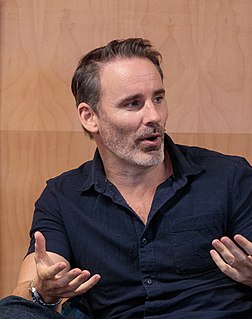A Quote by Richard Flanagan
Writing my novel 'The Narrow Road to the Deep North,' I came to conclude that great crimes like the Death Railway did not begin with the first beating or murder on that grim line of horror in 1943.
Related Quotes
A man convicted of murder is twenty times more likely than a woman convicted of murder to receive the death penalty. Since the 1976 reinstatement of the death penalty, 120 men and only 1 woman have actually been executed. The woman, from North Carolina, said she preferred to be executed. In North Carolina, a man who commits second-degree murder receives a sentence on average of 12.6 years longer than a woman who commits second-degree murder.
It's more like I write multiple first drafts, handwritten. So with my first novel, I wrote whole drafts from different points of view. There are different versions of that novel in a drawer on loose-leaf sheets. I won't even look at the first draft while I'm writing the second, and I won't look at the second before writing the third.
As long as Muslims cross this red line - if they commit crimes, if they start beating up women, if they start the genital mutilation, if they start to commit other crimes and honour killings as they unfortunately do in Western Europe many times - if they do that, I believe we should expel them, the same day if possible, from our country.
I was a lot dumber when I was writing the novel. I felt like worse of a writer because I wrote many of the short stories in one sitting or over maybe three days, and they didn't change that much. There weren't many, many drafts. That made me feel semi-brilliant and part of a magical process. Writing the novel wasn't like that. I would come home every day from my office and say, "Well, I still really like the story, I just wish it was better written." At that point, I didn't realize I was writing a first draft. And the first draft was the hardest part.



































